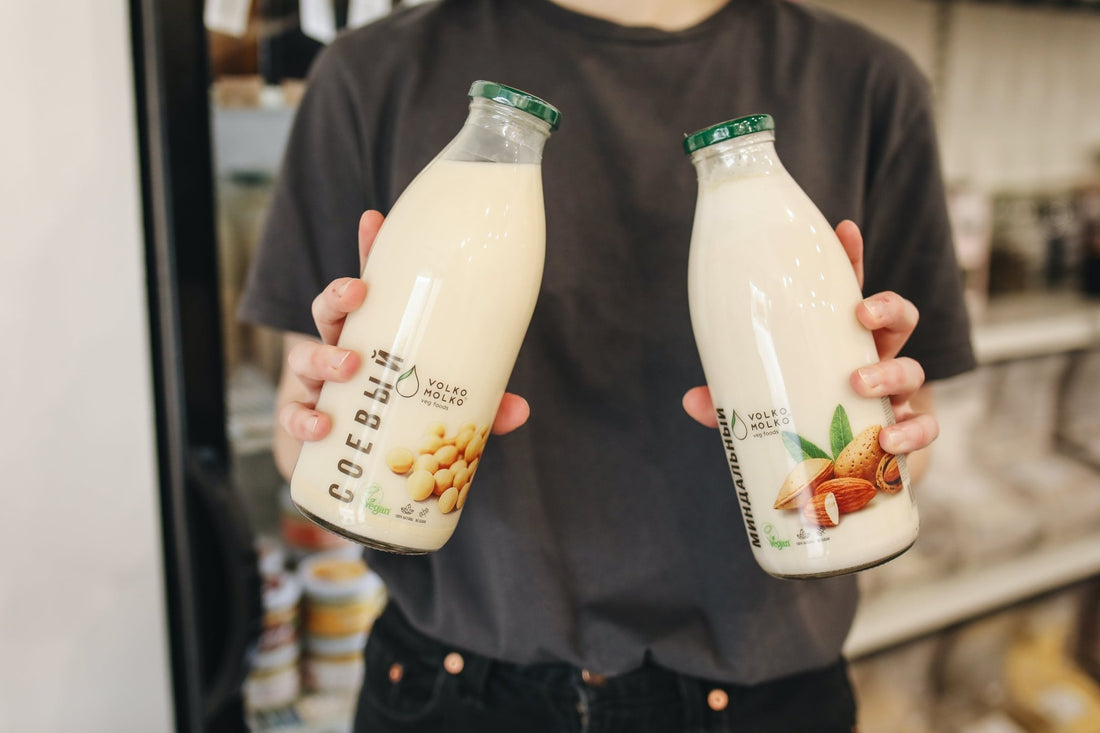The Impact of Different Types of Milk in Coffee Drinks
Introduction
The choice of milk in coffee drinks significantly affects flavor, texture, and nutritional content. This summary examines how various types of milk - from traditional dairy to plant-based alternatives - can transform the taste and experience of coffee beverages.
Whole Milk: The Classic Choice
Whole milk is a staple in traditional coffee drinks, known for its rich flavor and creamy texture. It adds a smooth and velvety feel to coffee, balancing acidity and bitterness effectively. The fat content in whole milk also helps in creating a stable foam for lattes and cappuccinos.
Skim and Low-Fat Milk: Lighter Alternatives
Skim and low-fat milk options cater to health-conscious consumers, offering a lighter alternative with fewer calories. While they provide a less creamy texture, they still foam well and can lighten coffee drinks without overpowering the coffee's inherent flavors.
Soy Milk: A Popular Plant-Based Option
Soy milk, one of the earliest plant-based alternatives, brings a slightly nutty flavor to coffee drinks. It foams well for lattes and is a good source of protein, making it a popular choice for those seeking dairy-free options.
Almond Milk: A Nutty Twist
Almond milk introduces a distinctly nutty and slightly sweet flavor to coffee. Its lower fat content means less creaminess, but it's a low-calorie, vegan-friendly option that pairs well with most coffee types.
Oat Milk: Rising Star in Coffee Culture
Oat milk has gained popularity for its environmental sustainability and excellent performance in coffee. It offers a creamy texture similar to whole milk and a subtle sweetness, making it ideal for a wide range of coffee drinks.
Coconut Milk: A Tropical Touch
Coconut milk adds a tropical flair to coffee drinks with its unique flavor and creamy consistency. It's a great dairy-free, vegan option that works well in both hot and cold coffee beverages.
Health and Dietary Considerations
The choice of milk in coffee drinks can also be influenced by health and dietary needs. Plant-based milks are often lower in calories and fat, and free from lactose, making them suitable for those with specific dietary restrictions.
Conclusion
The type of milk used in coffee drinks can dramatically change the experience, from flavor and texture to nutritional content. Whether you prefer the richness of whole milk or the plant-based alternatives, each type of milk brings its unique qualities to your coffee.

